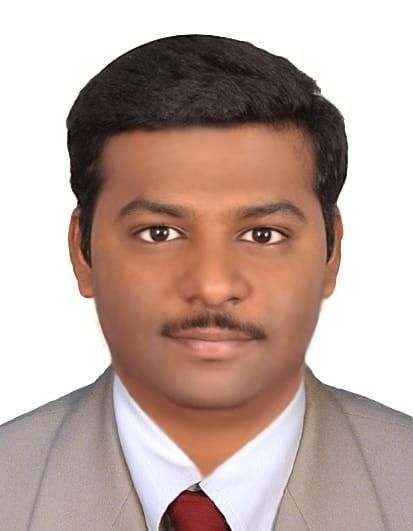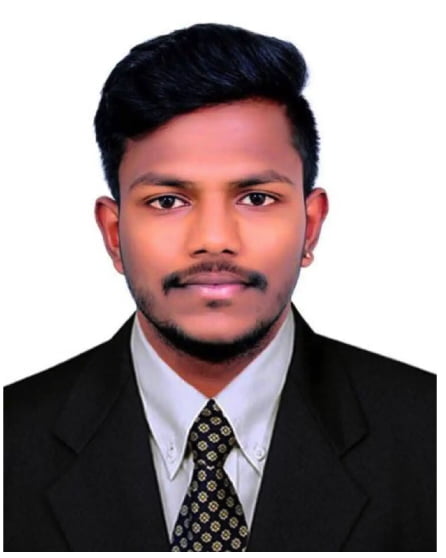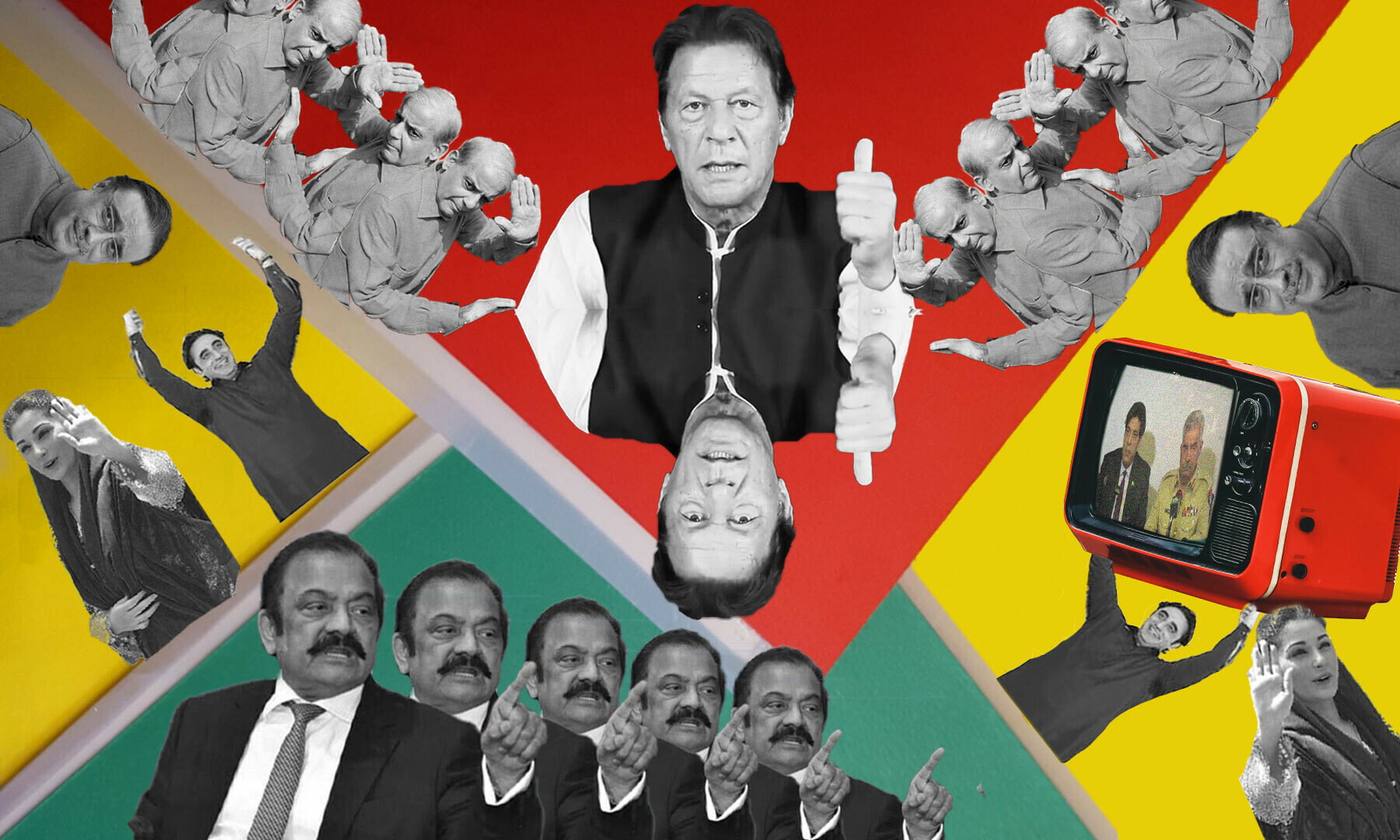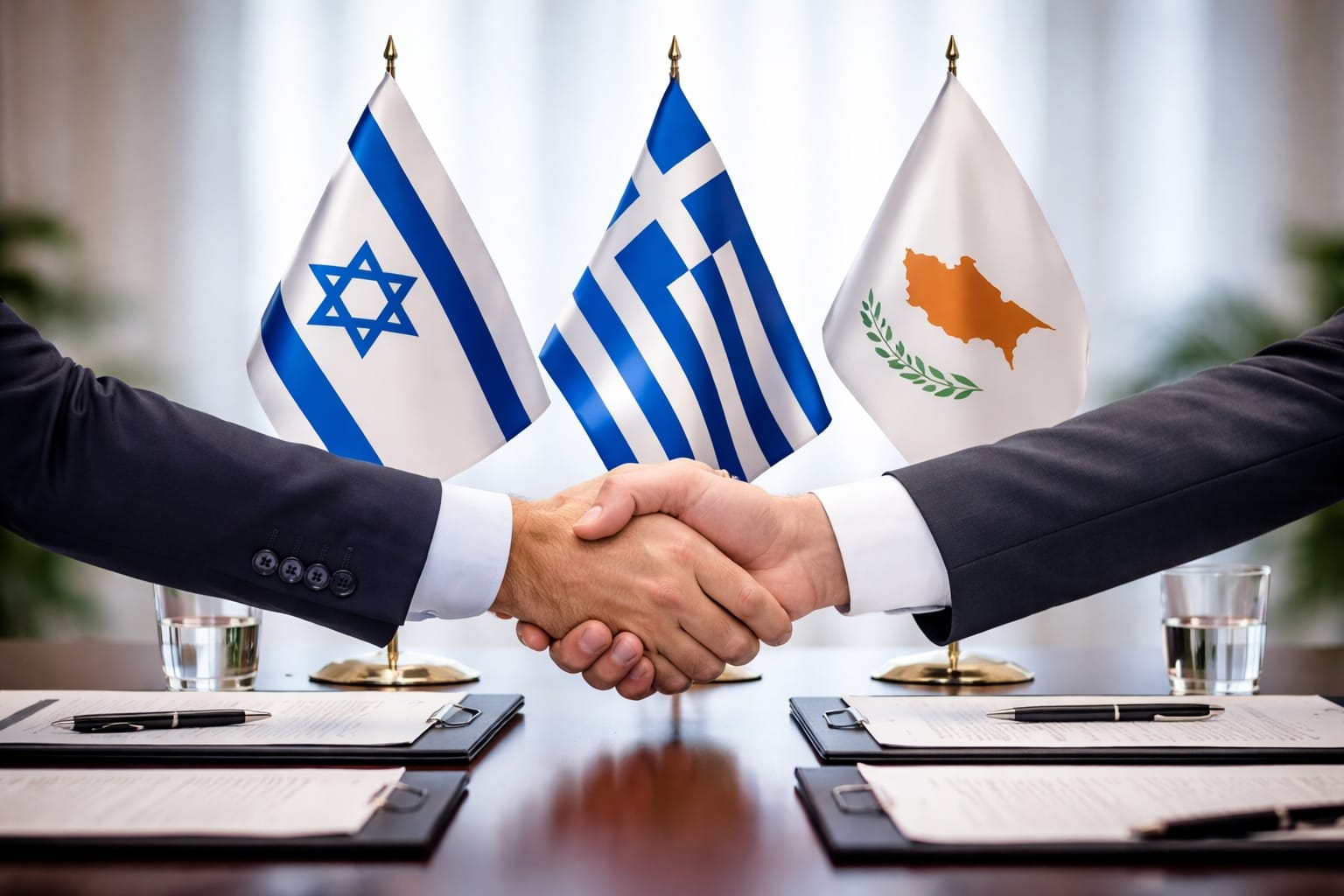By Kondaraju Sandeep Royal and Avala Gnaneswar Reddy
Pakistan’s recent election results marked a potential turning point in its political history, with Imran Khan’s Pakistan Tehreek-e-Insaf (PTI) party emerging as the front-runner, challenging the military-backed establishment. This research piece will analyse this phenomenon through power dynamics, social change and the complexities of navigating a nascent democracy.
Khan’s Populist Appeal: Factors and the Erosion of Traditional Power Structures
Imran Ahmad Khan Niazi, cricket legend turned politician, gained prominence by addressing Pakistan’s economic issues, political dynasties, and military influence. His success is attributing to crafting a compelling narrative that resonated with a disillusioned population. He positioned himself as an outsider, battling the corrupt elite and civil-military establishment duo, and his populist rhetoric resonated with young people who felt disenfranchised by dynastic politics and economic.
The demographic shift, forming half of the electorate under 30, presents a challenge to traditional power structures. Stagnant wages, rising inflation, and limited job opportunities create a sense of hopelessness. This young generation, armed with smartphones and social media, is less beholden to the old guard and more susceptible to populist narratives. The gap between the rich and poor widened, and necessities like healthcare and education remained out of reach. Khan capitalised on this sentiment, framing his campaign as a fight against the deep state and promising a New Pakistan.
All the views and opinions expressed are those of the author’s. Image Credit – Google Images.
About the Author

Kondaraju Sandeep Royal is a research consultant at the Phadke Journal of Strategic Studies (PJSS), the research division of The Viyug. He holds a Master of Arts (MA) in Politics and International Relations from Pondicherry University. He completed Bachelor’s degree in Political Science from CHRIST (Deemed to be University).

Gnaneswar Reddy holds a Bachelor of Arts (BA) in triple major in Political Science, History, and Economics from CHRIST (Deemed to be University). Having qualified for UPSC Prelims in 2022, Reddy’s knowledge spans contemporary Asian History till cultural identities. He has a passion for simplifying geopolitics and foreign affairs. He gained experience from working with United Service Institution (USI), India and as an Intern at Chennai Centre for China Studies (C3S).



